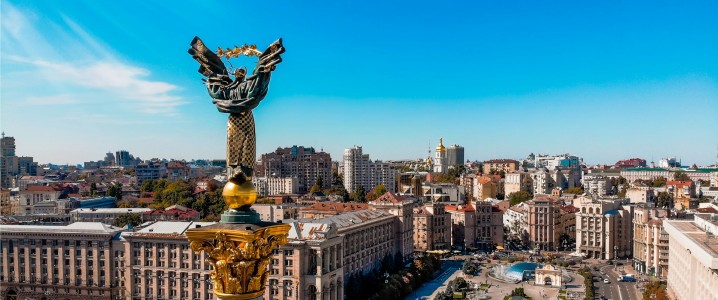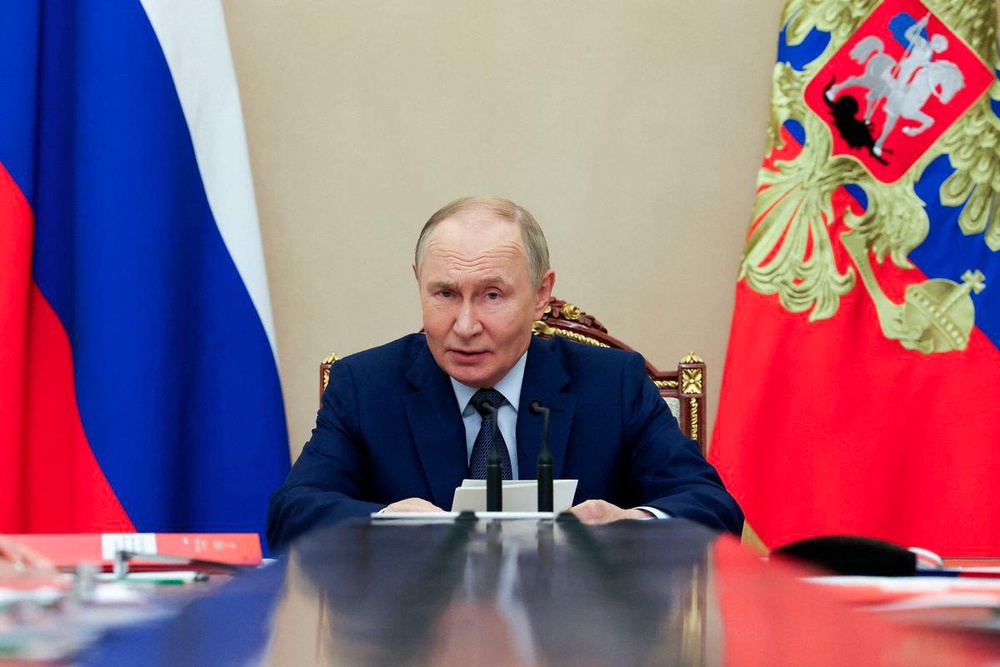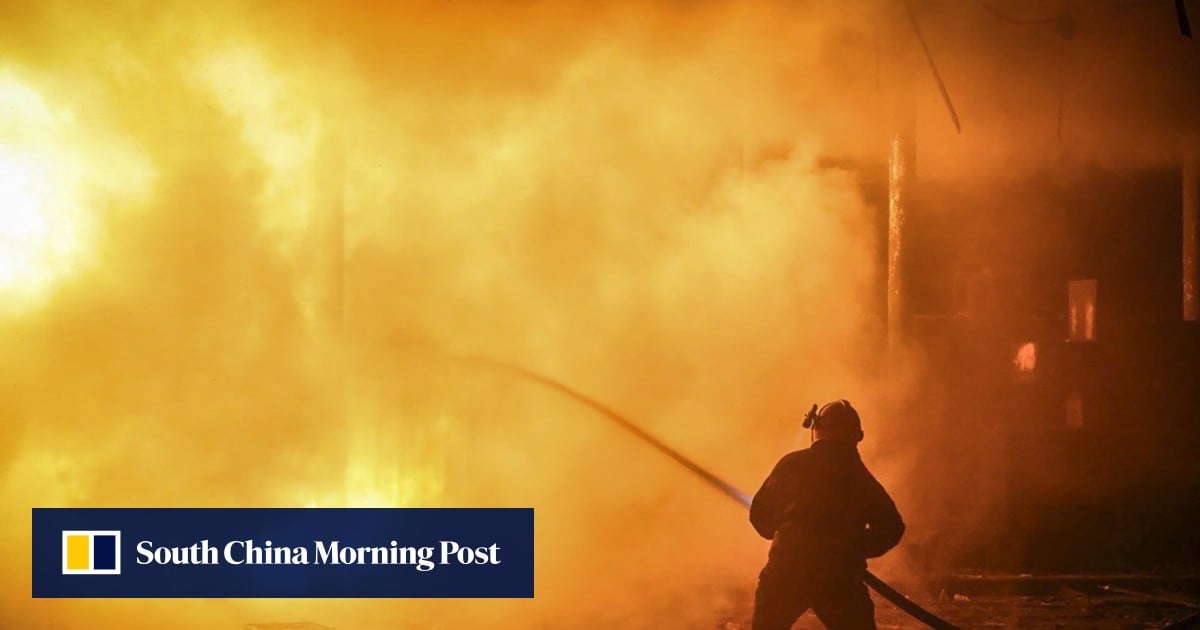The Trump administration appears to be behind Ukraine, as long as there's something in it for the United States.
That seems to be the growing consensus among European politicians, diplomats, experts and editorial writers.
On the one hand, there's a growing number of voices who say they believe U.S. President Donald Trump's stunning pivot this week toward backing Ukraine is nothing more than crass politics and image management in the face of a flailing peace process.
Others say it actually signals Washington is deliberately taking a step back from the long-running war and the peace process that Trump started.
"It seems to me like he's walking away and handing the key to the car to the Europeans," said Matthew Schmidt, an Eastern Europe expert at the University of New Haven, Conn.
"I think Trump is driven by a desire to win a Nobel Peace Prize and by extreme embarrassment at failure … I think that this is saying, 'I don't think I can win this. I don't want to risk losing it and have that attached to me.'"
Trump provided no rationale for the change in direction.
In his social media declaration on Tuesday, Trump said he now believes Ukraine could probably take back all of its territory conquered by Russia with Europe's help.
He was praised up and down the political spectrum.
Ukrainian President Volodymyr Zelenskyy went so far as to say Trump was "well informed" and that he clearly understands the situation on the battlefield.
The remarks are light years away from the tense confrontation in the Oval Office last winter that saw Trump declare Ukraine didn't have any "cards" and needed to make territorial concessions.
Trump had famously boasted he could end the war in 24 hours and went on this summer to host Russian President Vladimir Putin in a made-for-TV summit in Alaska.
Not much has come, so far, from the vaulted peace effort.
WATCH | Trump speaks with Zelenskyy at United Nations: Trump suggests Ukraine could win war with Russia Duration 2:03 U.S. President Donald Trump made an abrupt shift in tone on the war in Ukraine with harsh words for Vladimir Putin during the United Nations General Assembly and in a meeting with President Volodymyr Zelenskyy.
Several European leaders cheered Trump's about-face, but Polish Prime Minister Donald Tusk, writing on social media, said Trump's apparent backing of Ukraine is being misinterpreted.
"President Trump has stated that Ukraine could, with the support of the European Union, regain all of its territory. This surprising optimism conceals a promise of reduced U.S. involvement and a shift of responsibility for ending the war to Europe," Tusk wrote in a post on Wednesday.
"Truth is better than illusion."
There is another, somewhat more charitable — if not mercantile — view. Increasing U.S. economic interest in Ukraine's critical minerals sector and the ongoing negotiating of an up to $30-billion drone deal, which will directly benefit the U.S. military, could be behind the president's about-face.
Zelenskyy said Trump's latest views on Ukraine showed that he was well informed with what was happening on the ground. (Shannon Stapleton/Reuters)
Zelenskyy, in his speech to the United Nations, said his country is willing to share its drone know-how in partnerships with Western nations.
The U.S. has had very little to say about the negotiations. However, Zelenskyy, prior to his appearance at the UN, said Ukraine has put forward a draft agreement for discussion. It is expected to cover investments in Ukraine's drone production, joint or co‑production agreements and weapon purchases from the U.S.
Last summer, Canada signed a joint drone production partnership with Ukraine.
Schmidt said he doesn't subscribe to the notion that Trump is being motivated by the economic or military benefits of closer co-operation with Ukraine. He also disputes the president's view that Ukraine's fate is in Europe's hands — as long as it continues to recruit members into the military and receive high-end air defence capabilities.
"Ukraine is doing a lot now and it's quite self-sufficient," Schmidt said. "It has figured out how to produce the weapons, train the drone pilots. It has, I think, competence, strategic command."
That competence and strategic thinking has been on display since the end of August when Ukraine launched its campaign targeting Russian oil refineries. The drone strikes are estimated to have disabled roughly 17 per cent, or one-sixth, of Russia's oil-refining capacity.
Several published reports have suggested on some days, refining output is down by as much as 20 per cent.
The attacks have disrupted processing at large, strategic refineries like Ryazan, Volgograd and Salavat, which have reduced the volume of refined petroleum products available both domestically in Russia and for export.
[SRC] https://www.cbc.ca/news/politics/trump-ukraine-reversal-1.7644226
 Visit the website
Visit the website





